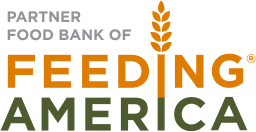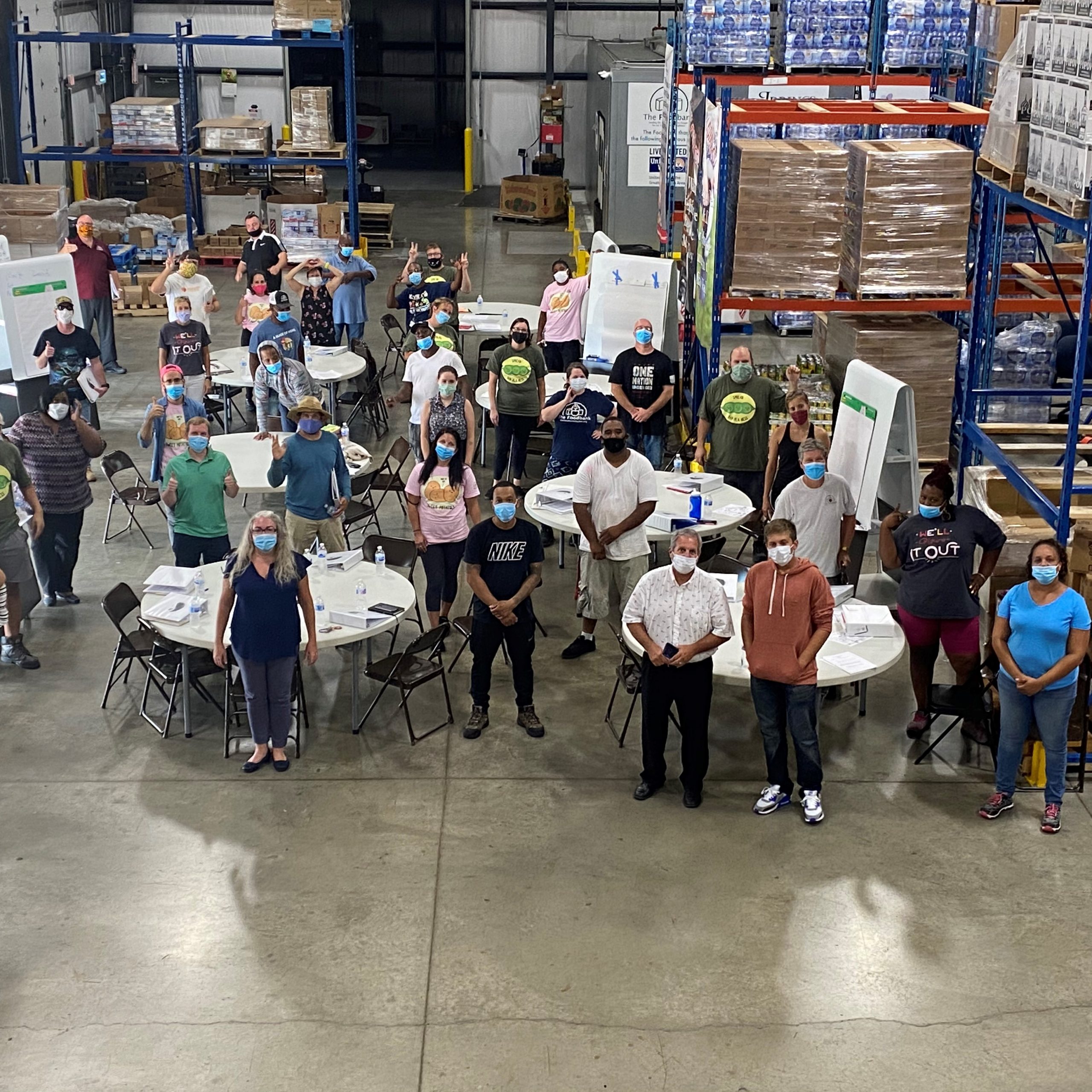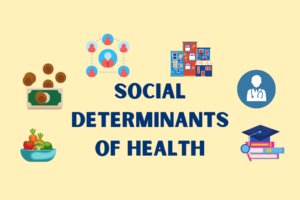Shortening the line: why we hire re-entry
About one-third of our 47-person team has previously been incarcerated. Here’s why that matters.
By: Emily Gallion, Grants and Advocacy Manager and Caitlyn McIntosh, Development Manager
For many people, a job is about earning a paycheck and putting food on the table. For Shane, a Foodbank employee, it’s a chance to save lives and give back while maintaining his sobriety.
“I’ve known so many people who have died,” he said. “It’s life or death for me.”
Shane is one of about one-third of our staff that has previously been involved in the criminal justice system.
While the heart of The Foodbank’s mission is to relieve hunger in the Miami Valley through our partner agencies and other services, we also have an obligation to “shorten the line” at our pantries by addressing the root causes of food insecurity.
Our passion for reentry work is just one of the ways we achieve this goal. As stated in our diversity statement, we will continue to engage in equity work until there is justice for all.
Understanding Mass Incarceration
In the United States, nearly 1.5 million people are incarcerated in state or federal prison. Our nation has more people in prison per capita than any other nation in the world. Much like hunger, there can be many other issues at hand behind committing a crime.
Over incarceration contributes to the cycle of poverty and contributes to systemic inequality, especially for Black families and people of color. Despite making up only 13% of the United States population, Black Americans make up a shocking 40% of those incarcerated.
After being incarcerated, individuals who have been involved in the criminal justice system are less able to accumulate wealth throughout their lives. In one study spanning 27 years, men who were incarcerated had less than one eighth the wealth of their peers who had never been incarcerated by the time they were 29-37 years old.
Despite dropping crime rates nationwide, prison populations have risen 500% in the last 40 years. Mass incarceration contributes to many issues central to our work, including generational poverty, racial inequality, and reduced income for the families of those incarcerated.
Other major contributors in mass incarceration are the bail system and the cost of low-level offenses. Nearly 74% of people held in jail have not yet been convicted of a crime, but are awaiting trial in custody as a result of failure to pay massive bail charges.
Additionally, those who face misdemeanor charges are often not appointed counsel, forcing them to plead guilty and face life-threatening consequences such as losing their job, strict monitoring regulations, and high court fines.
To do our part to help stabilize families in our community and shorten the lines at our pantries, The Foodbank actively hires people who have a criminal record.
We provide a livable base wage of $15/hr, as well as paid health and life insurance, 401k match, a flexible schedule to allow employees to attend court dates, help in finding legal services when necessary, and other support as needed.
We believe that our own high-performing team is evidence that this section of our population deserves to be invested in.
Shane’s Story
Shane attended Stebbins High School in Riverside, Ohio where he completed his 11th grade year before leaving in 1995. Over the course of the next 12 years, he obtained his GED, a job managing a local car wash, and even got married. It wasn’t until 2007, after suffering a major loss in his family, that Shane would encounter the justice system for the first time.
After battling addiction, Shane received an F5 felony conviction for grand theft. In lieu of his conviction, he received five years of probation in both Montgomery and Greene counties and was referred to the MonDay program.
There are several services in the Miami Valley that aim to provide rehabilitation services to those currently incarcerated. The MonDay Program, provided by the Ohio Department of Rehabilitation & Correction, is one of them.
Felony offenders are referred to the MonDay Program and participate in a variety of counseling, vocational, and education programs to ensure their readiness to integrate back into society.
Once he completed his probation requirements, Shane continued to battle addiction as he suffered more family tragedy and the loss of his job. In 2017, he received another F5 conviction for breaking and entering.
Following this charge, he would fail his probation requirements and complete the STOP Program twice. Over the course of his addiction, he would suffer 24 overdoses.
In 2019, he made the decision to change his life. He completed an inpatient treatment program at the Christopher House, and will celebrate one year of sobriety on November 19, 2020.
Pathways to Change
The heart of reentry work is providing services to those leaving the criminal justice system to ensure a successful transition back into society. These services are critical in reducing the risk of reoffending.
In addition to the MonDay Program, the Ohio Department of Rehabilitation & Corrections provides many other reentry programs.
The Office of Enterprise Development (OED) creates training programs with private sector businesses to provide job training and opportunities for inmates in order for a successful transition into the workforce.
Several corrections institutions across Ohio host programs that allow inmates to train and care for rescue dogs. Once the dogs complete their training, they are released to veterans as service dogs or as a new member of a family.
The Secure Transitional Offender Program (STOP), operated through the Montgomery County Common Pleas Court, is a similar program that helps develop positive change in the lives of both male and female probationers through intensive intervention programs. People enrolled in the STOP Program and MonDay Program regularly volunteer with The Foodbank.
The hard work of the people enrolled in these programs are invaluable to our work here at The Foodbank. We have hired several individuals who have graduated from these programs.
While parole and probation are a positive alternative to incarceration, they each still hold their own unique issues. Only about 50% of probationers complete the terms of their supervision. Curfew, drug use, and other strict regulations can be grounds for probation or parole to be terminated.
This is consistent with Shane’s experience — it took several tries for him to finally land on his feet. Stories like his can be found through all levels of the justice system.
Shane, who finishes his first 90 days with The Foodbank next week, said he appreciates the diversity and team-oriented atmosphere at The Foodbank.
“I just hope to be able to help somebody,” he said. “That’s what my life is based on now.”
While many employers balk at the idea of hiring people with felony convictions, it’s a strategy that has worked well for us at The Foodbank. Hiring re-entry offers people who are ready to start a new chapter in their lives another chance, which has been beneficial to both us and them.
In 2018, The Foodbank was rated the #2 food bank in the nation. Without the support of our team, including those who have experiences within the criminal justice system, these accolades would not be possible.
To learn more about our work, read our impact statement here.





No comment yet, add your voice below!